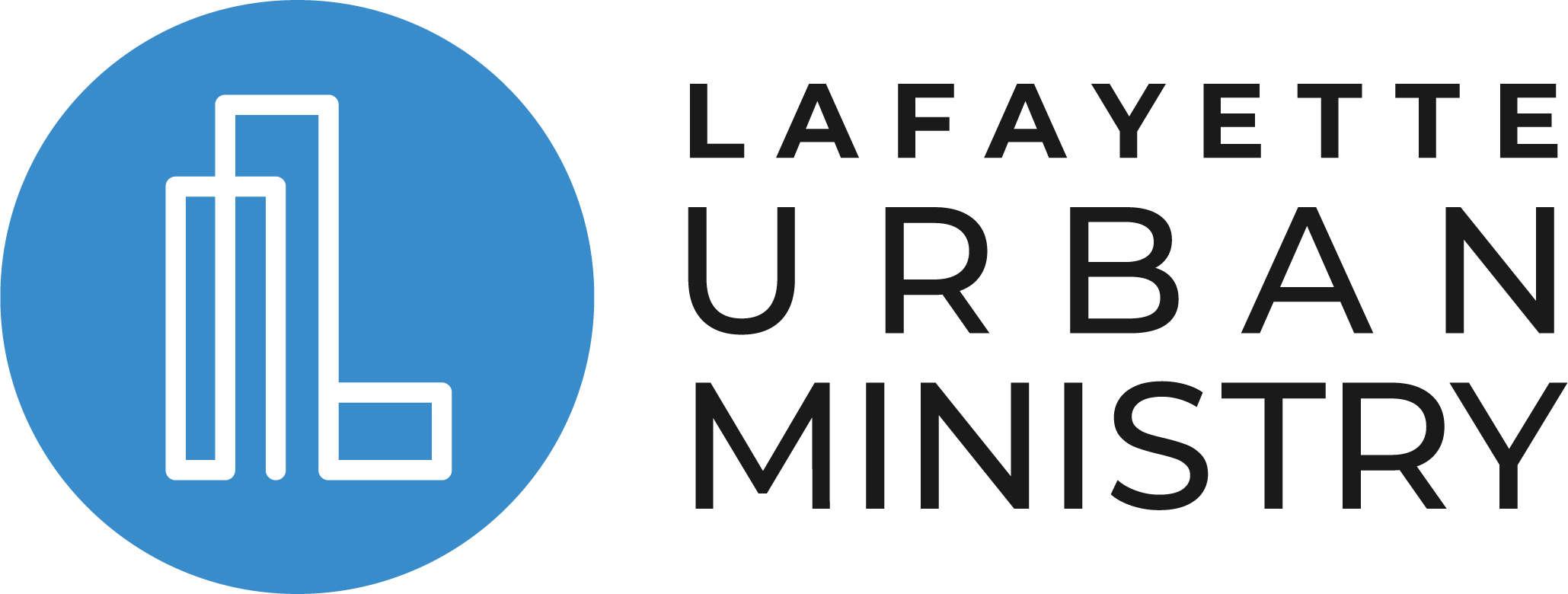LUM Summer Students & the “Literacy” Assessment
Preparing Students for Academic Success
The summer break poses a unique challenge for low-income families, as the “summer slide” phenomenon (loss of knowledge) can disproportionately affect children from economically disadvantaged backgrounds.
This summer, LUM conducted pretest and posttest assessments of literacy with the Pre-K through 5th grade students enrolled in the LUM 5th Quarter Summer Learning Program. Education professionals administered the pretest in the first week and in the final week, administered the posttest and conducted one-on-one interviews. The preliminary results show that LUM 5th Quarter Summer Learning Program successfully prevented the summer slide with all of the students tested.
The education professional who administered this assessment concluded that the data shows that each student tested gained knowledge this summer. For the grade level for which this assessment is designed (1st through 5th grade), the students scored 9.6% higher in the posttest suggesting a significant increase in their literacy proficiency. LUM also administered the assessment with the pre-K and Kindergarten grade level students even though they were not expected to possess proficiency with literacy. The results not only showed proficiency but also indicated that the students gained knowledge this summer.
Here are more interesting results and observations:
1st – 5th Grade Students
- All students gained knowledge
- 9.6% was the average increase in test scores
These students will be at the same or (mostly likely) a higher level of knowledge than their peers as they begin school this week.
Pre-K & Kindergarten Students
- All students gained knowledge
- 11.5% was the average increase in test scores
These students will have an advantage and be on pace with their peers as they begin Kindergarten and 1st grade respectively this week.
This comparison of the two tests has quantitatively and qualitatively measured the prevention of the “summer slide,” and the progress made during the summer, particularly with respect to literacy. The overall data will help shape and improve the program in the future, and the individual results of each child will be shared with parents. This is one recent example of our dedication to research, which will remain unwavering, empowering us to transform lives and build a brighter future for our entire community.





